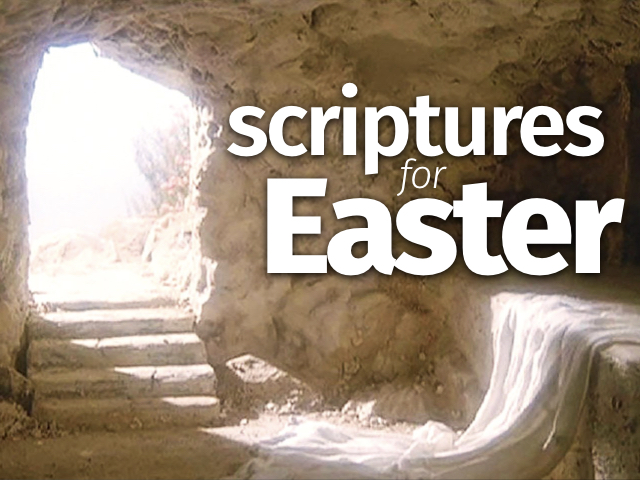
In the United States, it’s the National Day of Prayer, held the first Thursday of May.
Various articles are gonna say the National Day of Prayer began in 1952. It didn’t really. Congress and various presidents have called for national days of prayer, starting with the first Continental Congress in 1775. They just haven’t been consistent. Ten presidents never bothered to call for any such days.
What did happen in 1952, was Billy Graham held a rally on the steps of the Capitol, which spurred Congress to unanimously pass Public Law 82-324, signed into law by Harry Truman. It says,
Resolved by the Senate and House of Representatives of the United States of America in Congress assembled, That the President shall set aside and proclaim a suitable day each year, other than a Sunday, as a National Day of Prayer, on which the people of the United States may turn to God in prayer and meditation at churches, in groups, and as individuals.
Truman scheduled the first National Day of Prayer for 4 July 1952, and next year Dwight Eisenhower scheduled it for the same day, 4 July 1953. Then it started moving round the calendar. Mostly it happened Wednesdays in late October. In 1972 there were two.
| PRESIDENT | DATES |
|---|
| Harry Truman | 4 July 1952 |
| Dwight Eisenhower | 4 July 1953
26 October 1955
2 October 1957
7 October 1959 |
22 September 1954
12 September 1956
2 October 1958
5 October 1960 |
| John Kennedy | 4 October 1961
16 October 1963 |
17 October 1962 |
| Lyndon Johnson | 21 October 1964
19 October 1966
16 October 1968 |
20 October 1965
18 October 1967 |
| Richard Nixon | 22 October 1969
20 October 1971
18 October 1972 |
21 October 1970
16 February 1972
17 October 1973 |
| Gerald Ford | 18 December 1974
14 May 1976 | 24 July 1975 |
| Jimmy Carter | 15 December 1977
3 October 1979 |
7 October 1978
6 October 1980 |
| Ronald Reagan | 19 March 1981
5 May 1983
2 May 1985
7 May 1987 |
6 May 1982
3 May 1984
1 May 1986
5 May 1988 |
In 1988, Public Law 100-307 fixed it to the first Thursday in May, and that’s what it’s been ever since. (In fact, as I was looking up the dates for the previous National Days of Prayer, my search engine kept insisting it took place the first Thursday of May of that year. Nope. Bad search engine.)
Largely the National Days of Prayer were left up to the presidents until the 1980s. In 1974 the International Congress on World Evangelization was held in Lausanne, Switzerland, and on their return to the States, the American delegation decided to create Mission America to enact some of the plans they’d made in Lausanne. Part of Mission America was the National Prayer Committee, founded in 1979 and headed by Vonette Bright, one of the founders of Campus Crusade for Christ International (now Cru). They met in Washington D.C., started coordinating with the White House about National Day of Prayer events, and held their first joint event in 1983 in Constitution Hall.
What does the event look like? Well, y’know: Speeches from politicians and clergy. Prayers. Sometimes presidents let the National Day of Prayer Task Force take the lead; sometimes not. Sometimes they’re good reminders about the importance of talking with God; sometimes they’re a bunch of platitudes which say little. Some politicians have no prayer life at all, and it shows when they talk about it. (Disturbingly, some clergy members are the very same way.)
But what does this National Day of Prayer thing do? Well, it’s a reminder to pray for our homeland, which is something we oughta be doing regularly. A reminder to pray for our leaders; something we oughta also be doing.
And for Christian nationalists, it’s a not-subtle-at-all way to remind people of the political strength of Christian voters. We are legion, and we vote, so get in line. But I’m not gonna discuss the nationalists today; their godless motives aren’t about prayer anyway.





